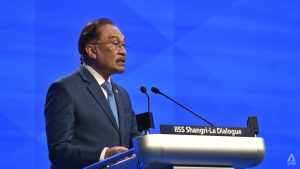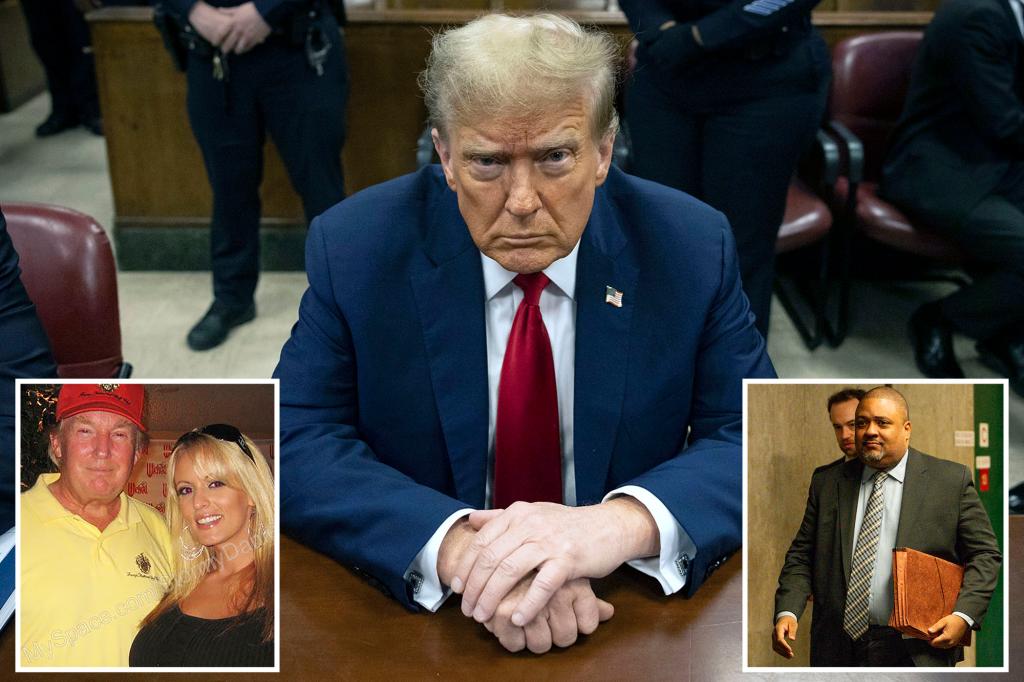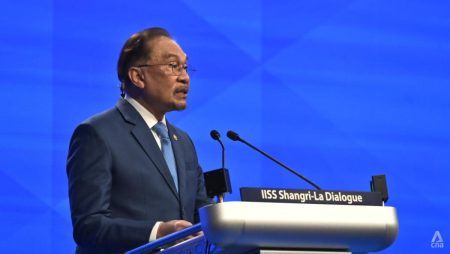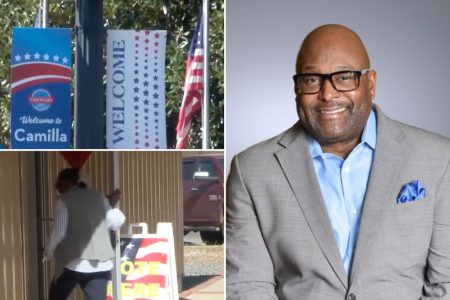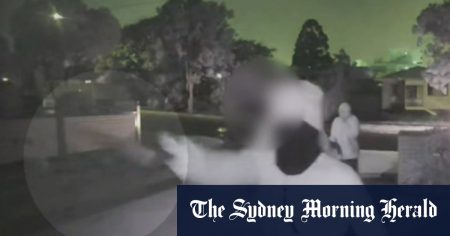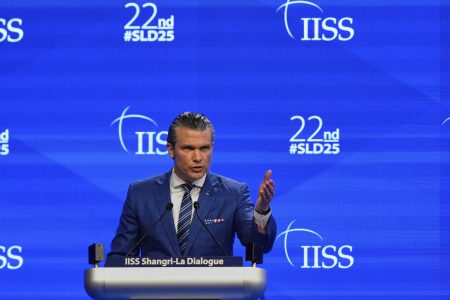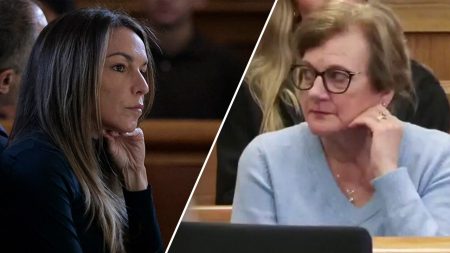The Manhattan District Attorney’s office has presented an unprecedented legal strategy to manage the felony conviction of former President Donald Trump in the “hush money” case, while simultaneously acknowledging the unique circumstances posed by his re-election to the presidency. District Attorney Alvin Bragg proposes a novel approach modeled on the legal concept of “abatement-by-death,” typically applied when a defendant dies before the completion of the appeals process. In this instance, Bragg suggests preserving Trump’s conviction on the court record while simultaneously canceling his sentencing and freezing all further proceedings, including appeals, for the duration of a potential second presidential term. This approach, the DA’s office admits, lacks direct precedent in New York law. However, they argue the extraordinary context of the case necessitates exploring “novel remedies.”
The central rationale behind Bragg’s proposal is to navigate the complex intersection of legal proceedings and presidential duties. Postponing sentencing, or even eliminating the possibility of jail time, risks creating a perception of unequal application of the law, given Trump’s status. Conversely, proceeding with sentencing and appeals while Trump holds office could significantly impede his ability to fulfill his presidential responsibilities, potentially creating a constitutional crisis. The proposed “abatement-like” approach seeks to strike a balance by upholding the integrity of the legal process while simultaneously acknowledging the extraordinary circumstances of a convicted felon reassuming the presidency.
Trump’s defense team has countered by urging the court to dismiss the conviction altogether. They contend that upholding the verdict would unconstitutionally interfere with a president-elect’s preparations for office and the execution of his presidential duties. This argument rests on the assertion that the ongoing legal proceedings, including a potential appeal process and the looming possibility of sentencing, would create an undue burden on the president, distracting him from his constitutional responsibilities and potentially undermining the effective functioning of the executive branch. The defense argues that the balance of powers would be disrupted by allowing a criminal case to overshadow and potentially impede the presidency.
The hush money case, culminating in Trump’s conviction on 34 counts of falsifying business records related to a payment made to adult film actress Stormy Daniels, stands as the only one of four criminal cases against Trump to have reached a trial verdict. The other cases, including federal charges related to classified documents at Mar-a-Lago and attempts to overturn the 2020 election results, along with a Georgia state case concerning election interference, are currently in various stages of proceedings. The federal cases may be impacted by Trump’s return to the presidency, while the Georgia case faces separate delays due to procedural issues. The confluence of these legal battles with Trump’s re-election creates an unprecedented legal and political landscape.
The crux of the legal dilemma lies in the absence of existing legal frameworks for managing the conviction of a president or president-elect. Traditional legal processes are designed for private citizens, not individuals holding the highest office in the land. The potential for conflict between the demands of justice and the functioning of the presidency creates uncharted territory for the legal system. The “abatement-like” approach proposed by Bragg, while novel, highlights the need for innovative solutions to address this unprecedented situation. It attempts to reconcile the interests of upholding the rule of law with the practical considerations of presidential governance.
The decision now rests with Judge Juan Merchan, who must weigh the competing arguments of the prosecution and defense. The judge faces the daunting task of balancing the principles of justice and accountability against the potential implications for the presidency and the country. The ruling will have far-reaching consequences, setting a precedent for future cases involving presidents and potentially shaping the relationship between the judicial and executive branches of government. The judge’s decision is awaited with anticipation, as it will undoubtedly shape the legal and political landscape for years to come. The unique circumstances of this case highlight the complexities of applying legal principles to the highest office in the land.


